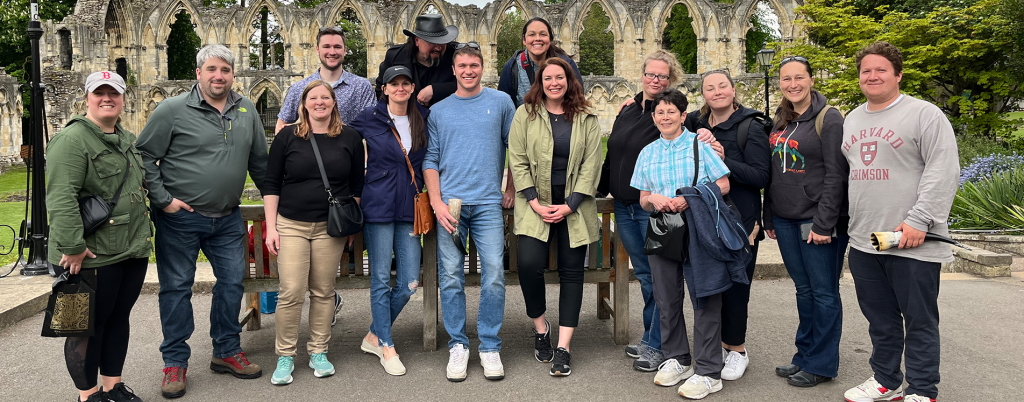
Global Policy
Shape International Strategy with the MaineMBA in Global Policy
Are you passionate about influencing global public policy? The MaineMBA in Global Policy integrates advanced business education with hands-on policy research, preparing you to lead in international policy development and analysis.
This exclusive concentration offers insights into international relations theory and global economics in partnership with the School of Policy and International Affairs at the University of Maine. Dive into real-world policy challenges in today’s fast-paced business environment.
Join us on our Orono campus to make a meaningful impact on global policy with the MaineMBA in Global Policy. Explore how you can drive change and lead with purpose.
Fast Facts
% of Students Working Full-Time
Average Years of Work Experience
